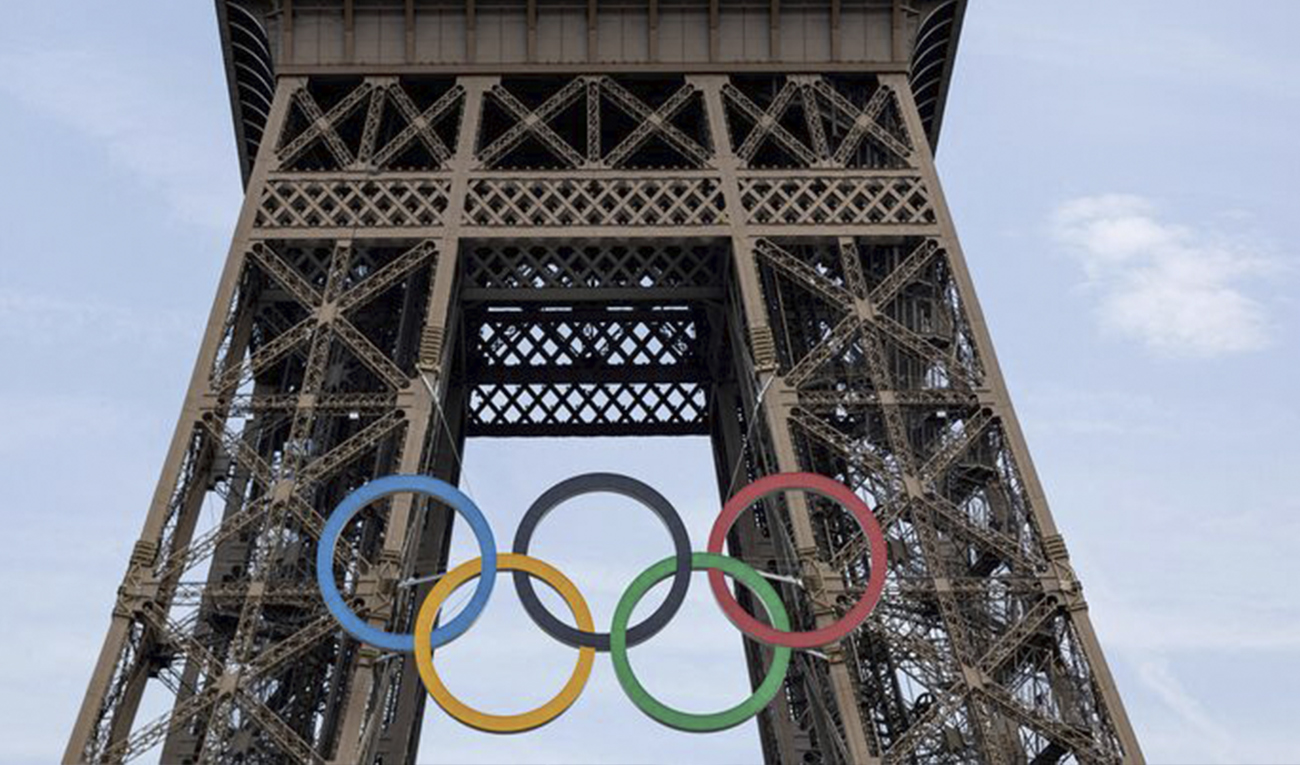
“What is at stake is the example” By Ornella Bono
For better or worse, people watch closely what their leaders do, so the course of action chosen is going to set the tone
In a few more days, the world will put aside its problems and discussions to marvel at one of the most exciting events ever: the Olympic Games. After the silent experience of Tokyo -because it was held during a pandemic, the public was not allowed-, we will now fully reencounter this event that is much more than sport.
First and foremost, the Olympic Games speak to us of values, and one that we will certainly see displayed is example. This is a very special quality, because unlike others that will also be palpable in this event, such as discipline and respect, the example can be positive or negative, and what we do (or not) can be taken by others for better or worse.
Thus, we have the case of Simone Biles, who is considered by many as the greatest gymnast of all time and whose resilience after her complex passage through Tokyo; her enormous capacity for work, her ability to innovate and her humility have made her the undisputed leader of the sport.
At the other extreme are the regrettable cases of doping that occurred a few years ago in Russia, which led to the athletes of that country not being able to present themselves with the name of their country, nor with their flag and anthem, in major international competitions for four years (now they will not be able to do so either, but for other reasons).
Hence, the example is a kind of slippery slope: we all have goals, but for that path to be fruitful not only for ourselves, but for the organizations where we work and for society in general, we must be able to look at our actions and reflect on them. This is critical, because at the end of the day, example creates culture, and in this sense it is in our hands, and especially in the hands of the leaders, that this way of acting is constructive. This has at least two effects on an organization.
First, leading by example is one of the main attributes of leadership. Otherwise, how do we inspire, how do we influence, how do we delegate, if we ourselves are not the first to put our shoulder to the wheel, to support, to communicate effectively, to respect our teams? It doesn’t seem possible. And yes, we can “doping” – basing our actions only on the principle of authority, being inflexible, doing too much micro-management, among others – but that won’t get us very far in the long run.
Why? Because we must bear in mind that, for better or for worse, people watch closely what their leaders do, so the way they choose to act will set the tone, and in that sense, a leader is the one who sets the example in the routine and the challenging. In other words, the example must always be set.
To paraphrase Ernest Hemingway, Paris will soon be a party for all mankind. Let us take advantage of this opportunity that only comes along every four years to enjoy the beauty of sport, and also to reflect on the example that each of the athletes will give us through feats that, yes, were born of their innate talent, but which are undoubtedly due to a persistent, creative and audacious way of acting.

Ornella Bono
Ornella Bono is a founding partner and Director of Humanitas Cornerstone.


Leave a comment: